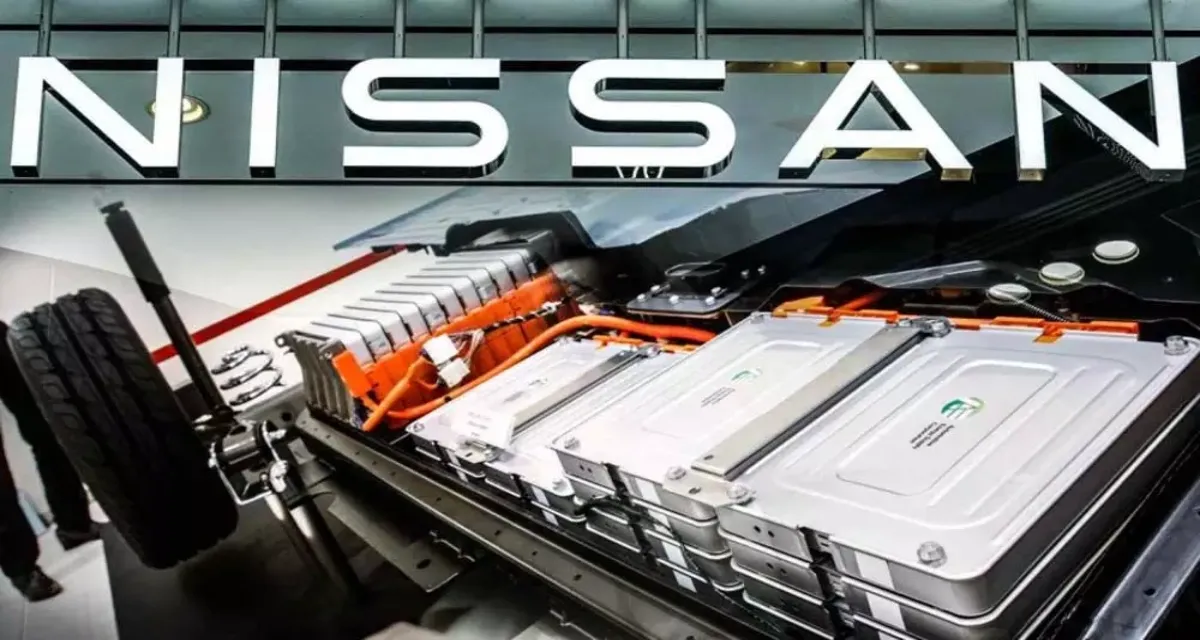

Nissan, a prominent and leading Japanese automaker, has strategically developed a new method for producing affordable electric vehicles. As a result of this, the company is determined to enter its peak era and build the world's largest battery factory. It is preparing to implement gigacasting, a revolutionary production technique developed by Tesla, to improve and lower the cost of its electric vehicle (EV) production. This calculated action demonstrates Nissan's dedication to innovation and competitiveness in the global EV market and is in line with the company's overarching aim of attaining cost parity between electric and combustion-engine vehicles by fiscal 2030.
Beginning in the fiscal year 2027, Nissan intends to use machinery capable of producing 6,000 tons of force to produce the back floors of its electric vehicles. Nissan believes that gigacasting will result in a 10% or more decrease in manufacturing expenses. This novel method reduces the number of individual parts that need to be welded together during production by casting whole chassis sections in a single phase. The efficiency benefits of gigacasting include personnel, equipment, time, and total production cost savings. This puts Nissan in a better position to improve its manufacturing capabilities and remain cost-competitive in the EV market.
Also Read: Japanese company Nissan cuts its sales, and lowers its prices: Here’s a full report
In their search for a piece of the worldwide EV market, Japanese automakers like Nissan are making an effort to catch up to industry heavyweights like Chinese behemoth BYD and Tesla. Nissan and other Japanese automakers use gigacasting as a key tactic to get around the expensive cost of battery-powered vehicles and encourage more people to buy electric vehicles (EVs). More effectively and economically, automobile structures may be produced thanks to this manufacturing technique, which is similar to die-casting but on a bigger scale.
Nissan's mastery of sophisticated production techniques is exemplified by its use of casting boards for front air conditioner structural elements at the Tochigi factory, which demonstrates the company's experience with casting automobile structures. Nissan's dedication to creating state-of-the-art technology for EV production is demonstrated by the Yokohama factory, which is home to its all-solid-state battery pilot line. Nissan is positioned to lead innovation and growth in the changing automotive landscape with its ambitious goals of adding one million more vehicles to the market in three years and launching 30 new models, 16 of which are electric.
Overall, Nissan's decision to use gigacasting in its EV production is a prime example of the company's strategic approach to increasing productivity, cutting expenses, and maintaining its competitiveness in the quickly changing electric vehicle industry. Nissan is setting itself up for success and expansion in the era of electric transportation by adopting cutting-edge manufacturing techniques used by market leaders like Tesla.
Also Read: 1. Luxury EV sales are at their peak in India: Here’s why young buyers captivated by EVs 2. Italy in talks with China: Plans of a plant with an annual capacity of more than 100,000 vehicles. 3. Elon Musk Slashes Jobs Ahead of Q1 Earning: Know the Reasons here